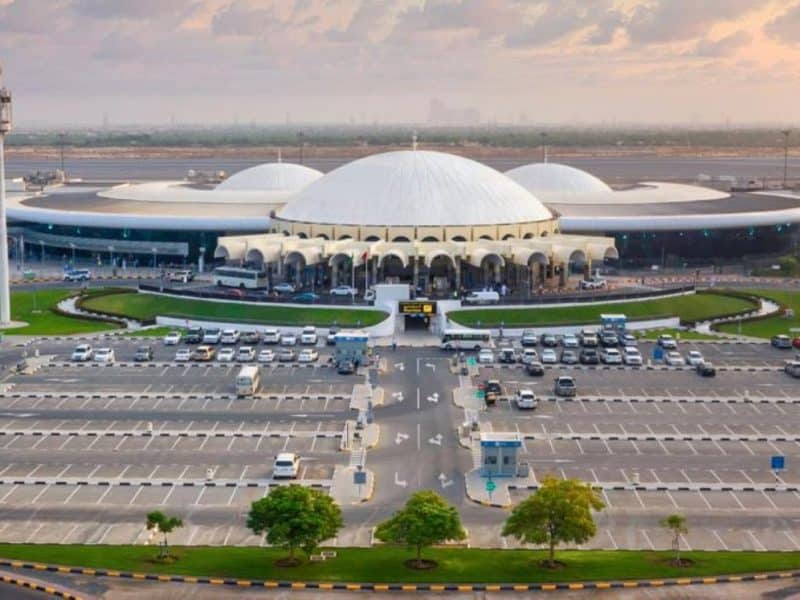The regional food and grocery industry is experiencing significant changes according to Dr. Dhananjay Datar, Chairman and Managing Director of Adil Group of Supermarkets. In an interview, Datar outlined the key innovations transforming the landscape, including the pivotal role of technology, focus on food security through local sourcing, and investments in supply chain resilience.
“Technology stands at the forefront of innovation, significantly impacting customer experiences,” said Datar. Digital platforms have become central to providing seamless, personalized services for customers through online shopping, mobile apps, and other interfaces. This enhances accessibility, convenience, and satisfaction. Data analytics also allows better understanding of consumer preferences to tailor offers and meet evolving needs.
Ensuring food security has prompted a strategic shift towards local production and sourcing, noted Datar. “By fostering community engagement and collaborating with local suppliers, we contribute to the resilience of the regional food supply chain.” This consistent supply of essentials while strengthening community ties aligns efforts with sustainable regional development goals.
Recognising an essential resilient supply chain, the industry is investing in advanced technologies like automation and data analytics. “These tools enable us to mitigate disruptions effectively, ensuring the smooth flow of goods,” said Datar. Automation enhances efficiency, reduces lead times, and optimises inventory management for a supply chain that can adapt to challenges and maintain excellence.
As the regional leader in food and grocery, Adil Group remains committed to delivering quality, exceptional service, and positive community contributions across the UAE and GCC, according to Datar. These transformations align with evolving customer needs and position the company as forward-thinking in the shifting landscape.
Blockchain adoption poised to positively impact industry in 2024
A development expected to have widespread positive effects is increased blockchain adoption, Datar noted. “This innovation enhances traceability and transparency in the supply chain, ensuring authenticity and quality crucial for gaining consumer trust.”
Experts forecast the regional food commodity market will benefit from more widespread blockchain use in 2024. Leveraging this decentralised, secure technology allows an immutable, transparent ledger of transactions from production to distribution and retail. This real-time, tamper-proof record ensures every supply chain step is visible and traceable.
Blockchain significantly improves traceability by tracking products back to origin, enabling prompt identification of any quality or contamination issues. As consumers increasingly care about origins and safety, this robust solution addresses pressing concerns through an unalterable record of each product’s journey.
Supply chain participants from producers to retailers can securely share information instantly with transparency. This assures consumers of authenticity and quality when making purchases. As insight into production and distribution grows, purchasing decisions will become more informed and confident.
Minimising fraud risk and maintaining supply chain integrity, smart contracts and automation can verify compliance with standards and regulations. Not only does this reduce fraudulent activities but helps maintain consistently high product quality.
In conclusion, Datar stated that increased 2024 blockchain adoption is a positive development with far-reaching implications. It addresses critical issues like traceability and transparency while aligning with commitments to safe, authentic, high-quality products that ultimately boost consumer confidence in the market.
Competition and costs pose challenges as innovation demands continue
The industry faces ongoing challenges such as rising operational costs, demand for continuous innovation, and heightened competition, according to Datar. “To address these, we focus on operational efficiency, embracing technology, and staying ahead of market trends.”
Competition drives constantly elevating standards to deliver better value, quality, and service. “Competition drives us to consistently elevate our standards, pushing us to deliver better value, quality, and service to our customers,” remarked Datar.
Sustainability principles at the core of Adil Group strategy
Adil Group has taken major steps towards sustainability through practices like reducing carbon footprints and promoting eco-friendly initiatives, revealed Datar. Waste reduction programs, decreased plastic usage, and energy-efficient supermarkets show this commitment. A focus remains on organically-sourced products from sustainable suppliers.
“Personally, I am actively involved in social and charitable initiatives, reinforcing our commitment to creating a positive impact beyond business,” said Datar on sustainability- centered leadership.
Ambitious growth plans focus on technology, local ties, and sustainability
When asked about strategic growth plans through 2024 and beyond, Datar outlined expanding existing market footprints and entering new regions. Technology will enhance customer engagement, introduce innovative products, and optimize supply chain efficiency. Sustainability and community engagement remain core to this strategy.
“As a leader, I strive to inspire and empower individuals to reach their full potential. Through integrity, empathy, and resilience, I aim to make a positive impact on the world,” summarised Datar on his leadership mantra of measured success and societal contributions.
The regional food and grocery industry is poised for transformation as retailers like Adil Group leverage strategic innovations. If the industry rises to address challenges through efficiency, partnerships, and sustainable practices, it is well positioned for continued growth benefiting communities across the Gulf.
Brand View allows our business partners to share content with Arabian Business readers.
The content is supplied by Arabian Business Brand View Partners.









